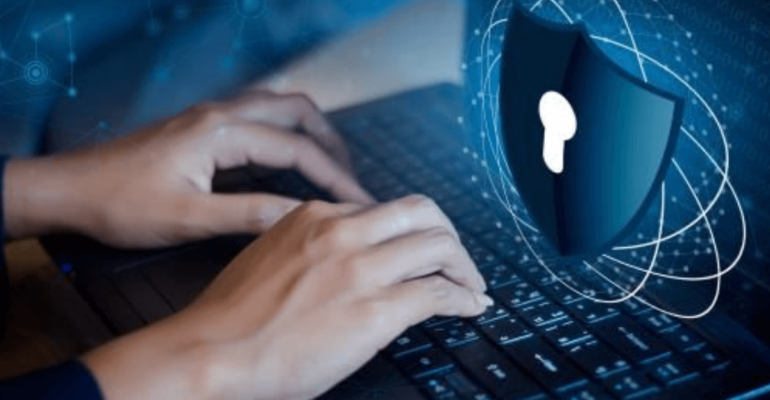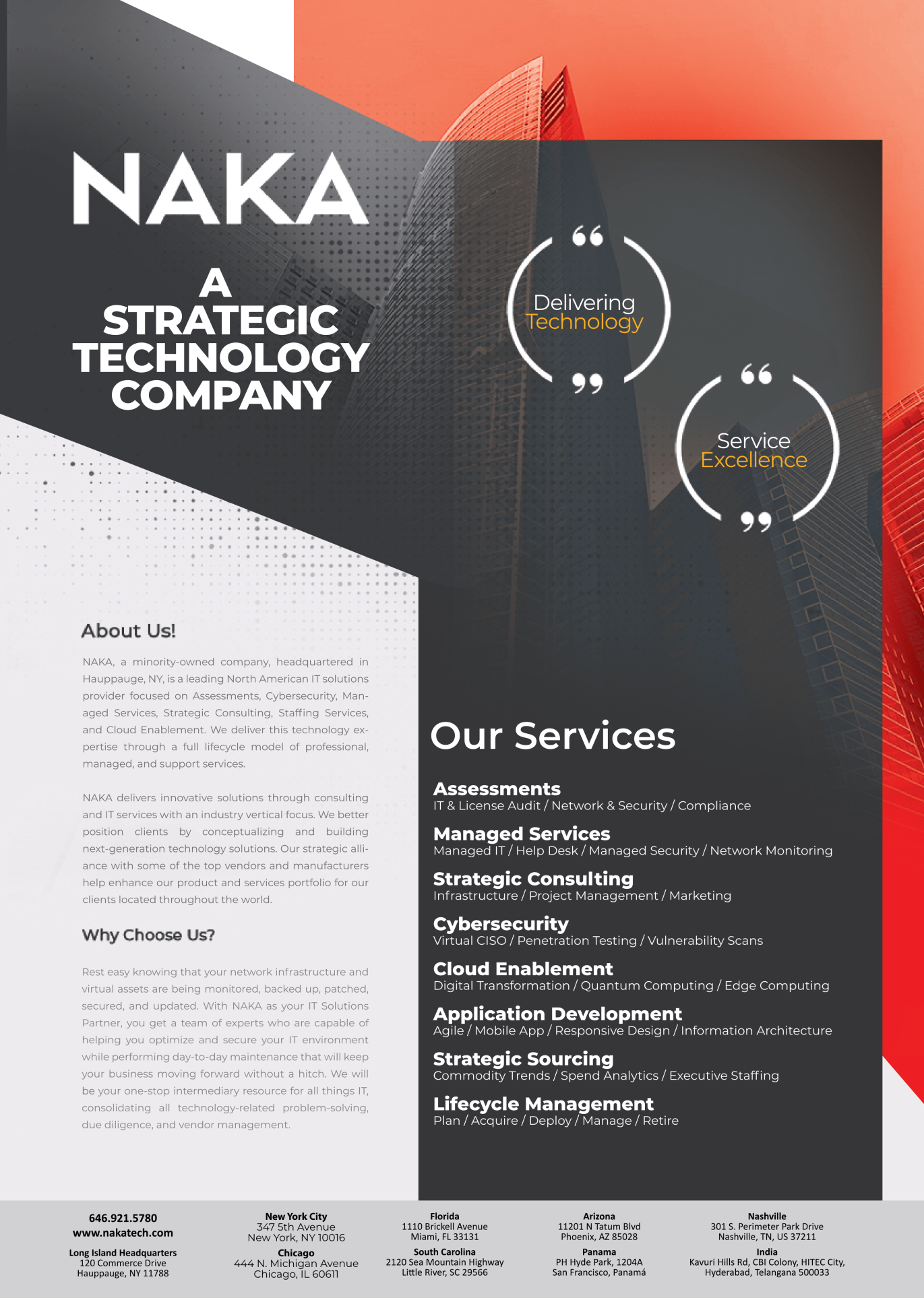Data Security in Hospitality

Data Security in Hospitality
One of the major concerns that companies are facing right now is cybercrime. Be it the IT sector, manufacturing industry, or FMCG sector, every other company is going through a difficult time. The hospitality sector is no exception.
63 billion out of 100 billion attacks that were detected between July 2018 to July 2020 were in the hospitality, retail, and travel sector. IBM released a report in 2020 stating that the cost of a data breach in the hospitality sector is a minimum of $1.72 million.
Hence, the hospitality sector needs to invest in cybersecurity. The fact is that hotels have embraced the digital world and have several applications for the users to book and keep a track of the details. Hence, they share confidential details in the application such as debit cards, credit cards, etc.
If the application is not well protected then anyone can breach the database and users can become prey. Let us walk you through data and cyber security in the hospitality sector.
Why does hotel cybersecurity matter?
The hospitality sector has become one of the lucrative targets attacked by cybercriminals. The major reasons are:
- The hospitality sector stores a lot of sensitive information of users due to its extensive use of Artificial Intelligence and Machine Learning to offer top experience. This includes personal preferences, travel itineraries, passport details, credit/debit cards.
- Financial operations for the guests and executives can be a prime target.
- Loyalty programs encourage more visits than scrutiny for credit card statements.
Data theft is becoming a major concern as hackers can access the entire chain networks with just one regional hack due to interconnectivity. There are potential entry points for hackers such as electronic door locks, alarms, climate control systems, Wi-Fi, Internet of Things, etc.
The lack of security awareness is a big issue due to more employment rate in the hospitality sector. Another issue can be higher turnover that can put everything in jeopardise due to one unsuspecting employee.
A failure in cybersecurity can be catastrophic that can increase the chance of blowing brand reputation. It is essential to keep cybersecurity at the front seat instead of treating it as an afterthought.
Types of Security Threat in Hospitality
Many vulnerabilities in the digital world include the hospitality sector. Now since security is covered, let us understand what are the types of security threats in the hospitality sector.
1. Point of sale attack
POS attacks target the credit cards that are common in the hospitality sector. They can be a weaker link for hospitality as it is easier for hackers to hit due to weak passwords and insecure remote access. The third vendors are usually hired to offer top security to the POS. It is essential to use end-to-end encryption, two-factor authentication, and antiviruses on the system to prevent hackers from data breaches. Along with this, PCI standards should be followed by the hospitality sector for servers, routers, and networks, monitor threats, or hire data security providers.
2. Phishing attacks
Another common type of cyberattack is a phishing attack that looks like an email sent from a trustworthy source. This consists of the link that can install unwanted software in the system that can result in accessing unauthorised data such as credit cards and passwords.
3. Ransomware and Malware
Cyberattacks are extremely common that install malicious software or malware in the user’s computers that can steal data and delete files. There are trojan horses as well along with spyware and viruses that can encrypt the data allowing victims to suffer due to data loss. The ways to stay protected against ransomware and malware are backing up data regularly, keeping software up-to-date, and educating staff to avoid such breaches.
4. Denial of Service attacks (DDoS)
These types of attacks happen on the network or server by overloading it. The internal traffic is increased that results in generating a powerful torrent and ends up overloading the servers. This is one of the popular ways for cyberhackers to use and has exceeded 1,800 attacks in a day in 2021.
Cybersecurity Practices to follow in Hospitality
The best way to prevent any type of data theft, the hospitality sector can devise the right strategy and focus on the basic principles. There are few practices that one can follow including:
- The hospitality sector needs to educate the staff against the threat to ensure that they can prevent carelessness while dealing with technology.
- Employing SaaS platforms and software providers that can help in managing and securing critical operations.
- Working on digital infrastructure and taking help from reputable service providers for third-party software.
- Design a plan to prevent data breaches or to tackle any hacks immediately.
- Use a secure third-party server to ensure top security to the data.



